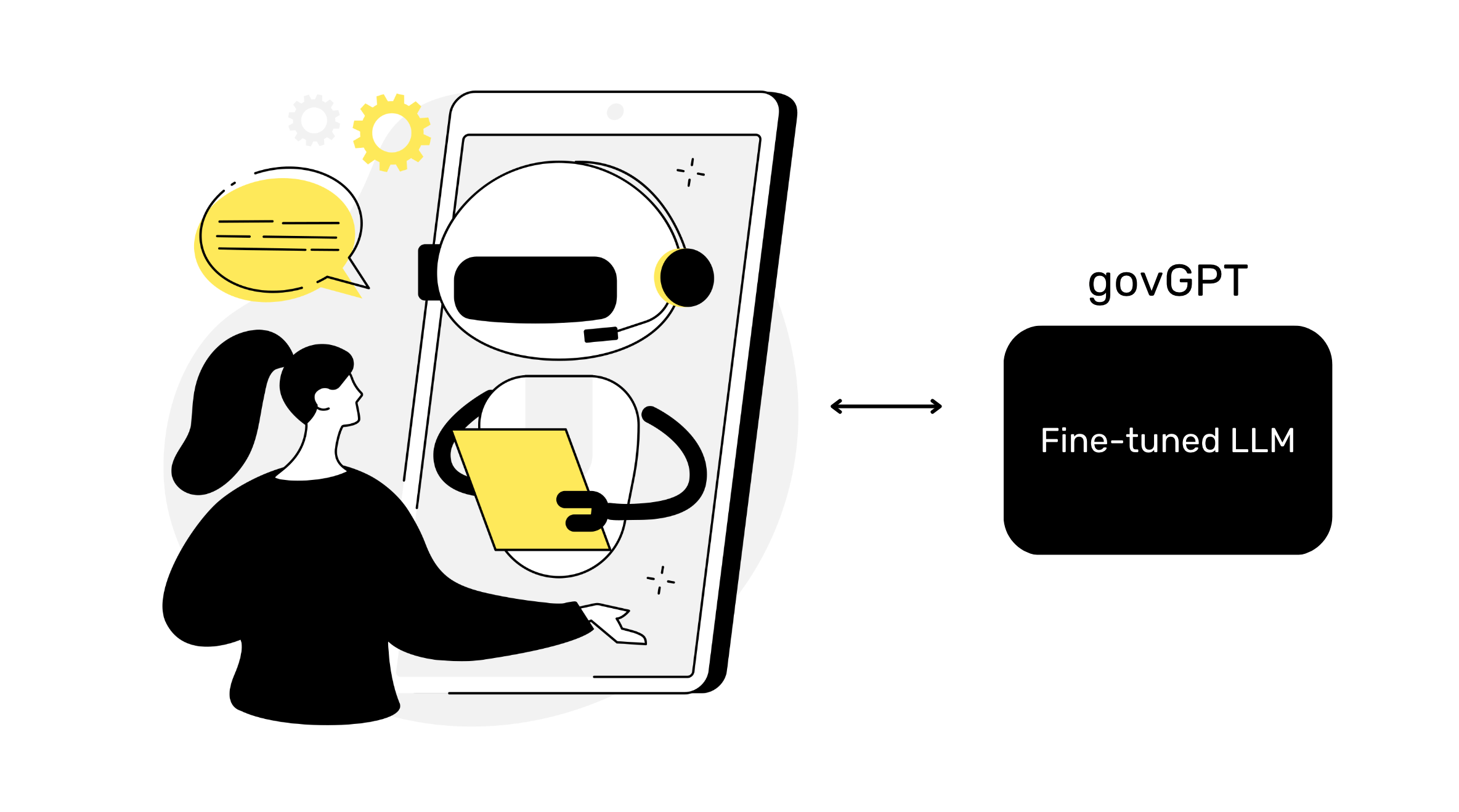I see the new class of large language model (LLM) based conversational AI tools as third generation chatbots. The likes of chatGPT, Bard, and their OSS alternatives are boosting automations and transforming businesses—from internal operations, to banking and healthcare. Furthermore, fine-tuned LLM based chatbots can be used to significantly improve the efficiency, accuracy, and transparency of governmental operations. This article will discuss some of the issues with current citizen experiences related to governance and how chatbots can address the shortcomings.
Anyone who dealt with a DMV to schedule and get a driver’s license would know how frustrating the entire endeavor can be. While scheduling a DMV has become a nightmare post COVID, what’s even more frustrating is the difficulty in gathering accurate information about the required documentation. For legal immigrants the difficulty is further exacerbated. Part of the problem is because DMV websites are typically hard to search and navigate. And the information that one finds tends to be pretty vague and generic. A good solution to this problem would be to provide a public facing chatbot that is built and fine-tuned on relevant Code of Federal Regulations (CFRs), state and local government regulations, and other government databases. Such a chatbot would enable the citizen/resident to converse in natural language, specify their unique situation and get accurate guidance to easily apply for a driver’s license. In fact, the chatbot could even schedule an appointment on the user’s behalf at their local DMV.
These are exciting times from a technology perspective where LLM based AI tools, chatbots, can be leveraged to improve citizen experience and governance.

